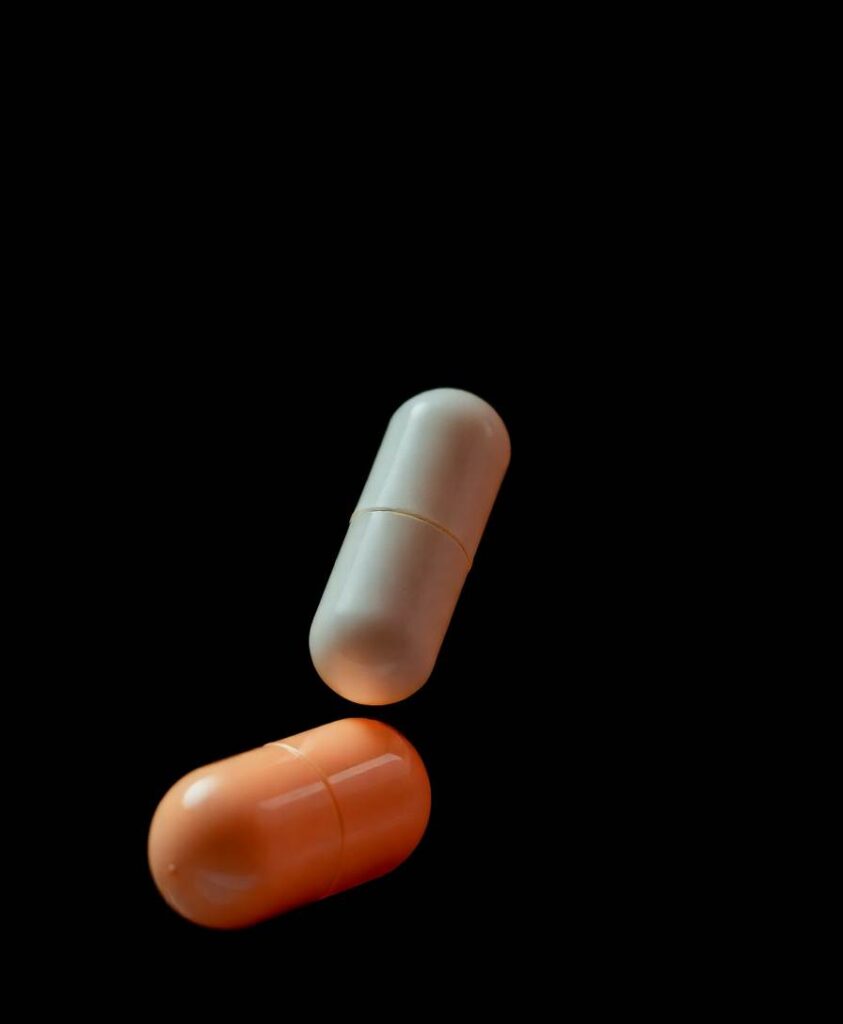Feeling the weight of years in your bones, your skin, or even in the way your mind processes? Perhaps you’ve heard that certain nutrients can help you stay youthful longer, but the science can sometimes feel abstract, like trying to catch a shadow. Now, imagine the sensation of a gentle, warm sunlight on your skin—something we associate with vitality—being more than just a fleeting feeling. It’s possible that a simple daily supplement like vitamin D might be doing more than we thought: helping to slow down the very biological markers of aging that silently accumulate within us.
When we talk about aging at the cellular level, telomeres—those tiny protective caps at the ends of our chromosomes—are the key. Over time, these telomeres shorten, much like the fraying of a shoelace, signaling cellular wear and tear. As telomeres diminish, our cells struggle to divide and repair, contributing to the visible and invisible signs of aging. The idea that a common vitamin could help preserve these vital DNA end-caps is both exciting and profound, offering a sense of hope that aging might be a process we can influence in subtle, manageable ways.
Can Vitamin D Supplements Help Protect Your Telomeres and Slow Biological Aging?
Recent research suggests that people who incorporate vitamin D3 into their daily routine experience less damage to their telomeres. This discovery sparks a quiet optimism—it’s as if the body is holding onto its DNA’s protective caps a little longer, thanks to this simple nutrient. For those seeking natural ways to support their longevity, understanding how vitamin D influences aging at a cellular level opens new doors for mindful health choices.
Living with the awareness that our lifestyle choices—like taking a vitamin D supplement—may influence how quickly our cells age invites a gentle shift in everyday habits. For individuals noticing early signs of aging—perhaps a bit more fatigue or slower recovery—this research provides a promising piece of the puzzle. It suggests that consistent, thoughtful supplementation might be a part of a holistic approach to aging gracefully, preserving not just appearance but the very blueprint of our biological vitality.

As we explore how to support our health over decades, it’s worth considering the simple act of adding vitamin D to our routine, especially during months of limited sunlight. The idea that this could be a “Fountain of Youth” isn’t just poetic—it’s rooted in emerging science that links vitamin D with the preservation of our DNA’s integrity. While aging is an inevitable journey, the possibility of influencing its pace through accessible, everyday steps offers a reassuring sense of agency and hope.
Understanding that vitamin D’s role extends beyond bone health to potentially safeguarding the telomeres that mark our cellular age encourages a more nuanced view of health. It’s not about dramatic transformations but about honoring our bodies with supportive, mindful choices—like maintaining adequate vitamin D levels—so that each year adds quality and resilience rather than wear and tear.
Ultimately, this research invites us to see aging as a process we can influence with gentle, consistent care. Whether it’s through sunlight, diet, or supplements, the path to feeling younger at a cellular level might be closer than we think—embedded in everyday habits that nourish our very DNA.
Learn More: This Vitamin Might Slow Biological Aging
Abstract: Vitamin D supplements might be a veritable Fountain of Youth, capable of slowing down a person’s biological aging, a new study says. People taking daily vitamin D3 experienced less wear-and-tear on their telomeres, the protective caps of DNA code at the ends of chromosomes,…
Link: Read Full Article (External Site)


